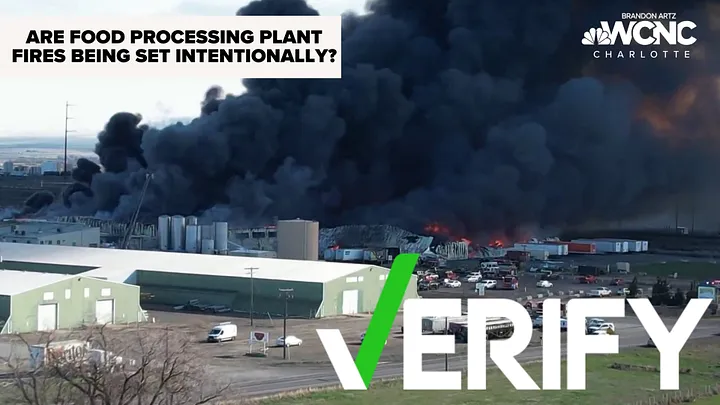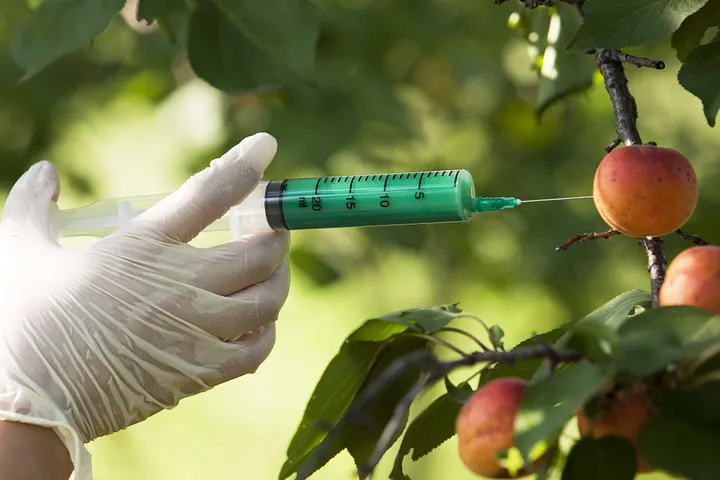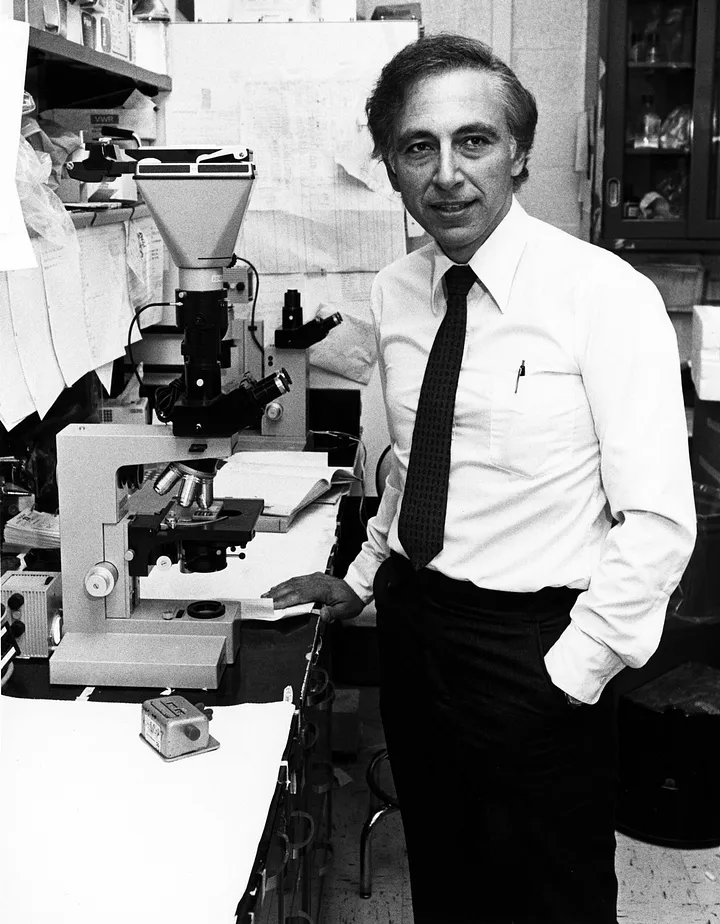Food is a fundamental need for all living beings. It is the fuel that keeps us going and helps us to survive. But in recent years, food shortages have become a common phenomenon, and the reasons behind them are shrouded in mystery. Many people believe that food shortages are a result of natural causes such as droughts, floods, and plant diseases. However, there is a growing body of evidence that suggests that these food shortages are not just a result of Mother Nature, but of something far more sinister — a conspiracy.
The conspiracy theory is that large multinational corporations, working in collaboration with governments, are purposely creating food shortages in order to drive up the prices of food and increase their profits. The theory goes that these corporations control the production and distribution of food, and by manipulating these systems, they can create shortages, which result in increased demand and higher prices.
To understand the evidence behind this theory, it is essential to take a closer look at the food production and distribution systems. Most of the world’s food production is controlled by a handful of large corporations. These corporations own vast swathes of land, seed companies, and processing facilities, and they are the gatekeepers of the food production and distribution systems. They have the power to control the supply and demand of food, and as a result, the prices.
One of the key players in the food production industry is Monsanto, a multinational corporation that specializes in genetically modified (GM) crops. Monsanto controls a significant portion of the world’s food production, and its GM crops are widely used by farmers. The company has been accused of using its power to drive up the prices of GM seeds, making them unaffordable for many farmers. As a result, small-scale farmers are being pushed out of the industry, and food production is becoming more concentrated in the hands of a few large corporations.
Another factor that contributes to the conspiracy of food shortages is the impact of climate change. Climate change is causing extreme weather conditions, such as droughts and floods, which are affecting food production. The large corporations that control the food production and distribution systems have been accused of exacerbating the effects of climate change by engaging in unsustainable farming practices that deplete the soil and pollute the air and water. The resulting food shortages and price increases are being blamed on climate change, but the real cause is the actions of these corporations.
In addition to these factors, there is also evidence that governments are complicit in the food shortages conspiracy. Many governments around the world have implemented policies that favor large corporations over small-scale farmers. These policies, such as subsidies and tax breaks, enable large corporations to increase their profits and control even more of the food production and distribution systems. Governments are also accused of neglecting to invest in rural areas, which leads to a lack of infrastructure and resources for small-scale farmers.
In conclusion, the evidence suggests that food shortages are not just a result of natural causes or climate change, but are the result of a larger conspiracy involving large multinational corporations and governments. The power and influence of these corporations have enabled them to control the production and distribution of food, driving up prices and causing shortages. It is time that we start paying attention to the underlying causes of food shortages and take action to prevent the concentration of power in the hands of a few corporations. Only then will we ensure that everyone has access to the food they need to survive.












